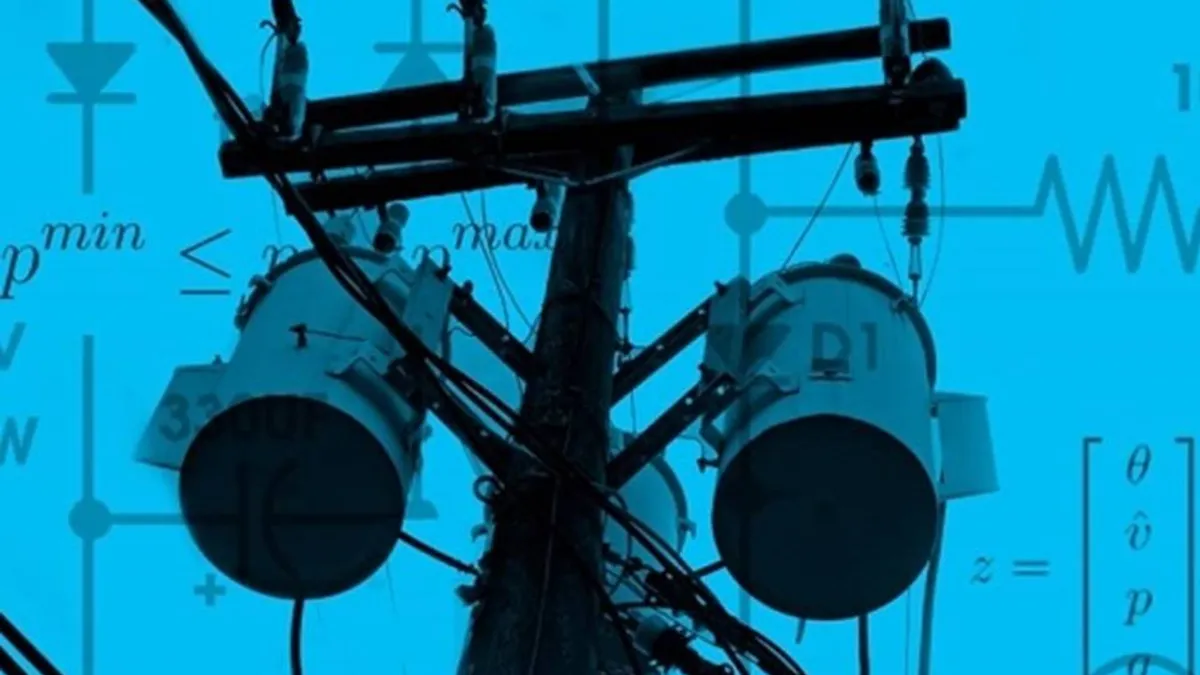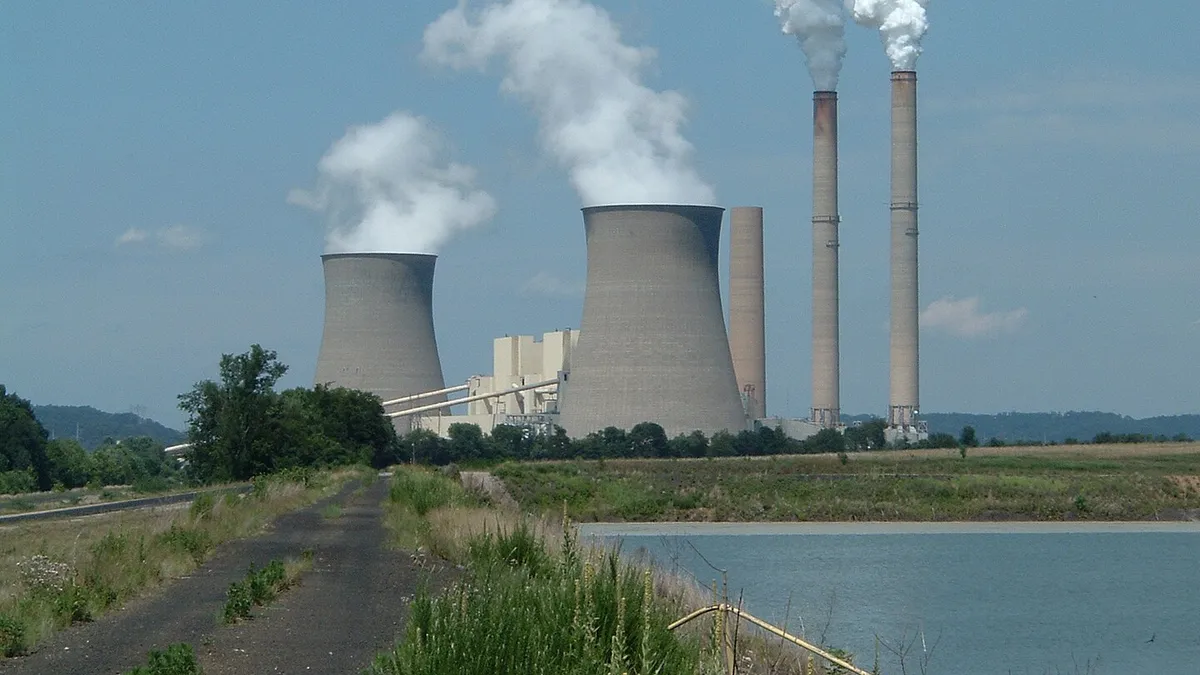Dive Brief:
-
Electric power systems in the U.S., Europe, and other parts of the world will need major regulatory, policy, and market overhauls as economies around the world shift to a low carbon future with more distributed resources, according to a new report by the MIT Energy Initiative.
-
Among the key recommendations of the report, Utility of the Future, is that electricity should be priced in a technology-agnostic manner, such as using peak-coincident capacity charges to discourage consumers from drawing on the grid during times of generation scarcity.
- The report also recommends tariff and rate structures should better reflect how the value of services changes at different times of day or different locations in the grid.
Dive Insight:
A recent survey found that utility customers want innovation from their utilities. Utility executives also are aware of the need to change utility business models. The question in both cases is how to reach those objectives.
The MIT report, three years in the making, attempts to answer that question. Many of the primary barriers, the authors say, are regulatory.
Among the top five recommendations of the report are improvements to utility price signals, enhancements to distribution regulation, rethinking the industry structure, allowing distributed energy resources (DERs) to participate in wholesale power markets, and evaluating opportunities and costs of DERs.
The report points that today’s electric power systems were designed, built, and regulated well before distributed energy technologies were viable. Now that they are, the authors say, businesses and regulatory bodies that determine how power is distributed need a path forward to incorporate those rapidly-proliferating technologies to achieve cost savings and carbon emissions reductions.
The main aim of the report is to create a level playing field that is technology agnostic and encourages cost efficiency while cutting emissions, Ignacio Pérez-Arriaga, one of the principal investigators of the report and a visiting professor at MIT and professor of electrical engineering at Comillas Pontifical University, said at a presentation Thursday.
The report also warned of “grid defection." If residual network costs and policy charges become too high they could hasten the exodus of customers, resulting in an accelerating cycle.
“You have to be careful about what is added to the tariffs because we could have unintended consequences,” Pérez-Arriaga said.
At that event in Washington, members of the MIT team that worked on the report presented it as a call to action for regulators and policy makers.
“Regulators need to be just as innovative as the businesses that they regulate,” said Jesse Jenkins, a member of the report’s research team and a Ph.D. candidate at MIT.
The recommendations in the report can be implemented with existing technologies and reasonable regulatory measures, Pérez-Arriaga said.
“It is something that can be done. It is not rocket science,” he told the audience.














